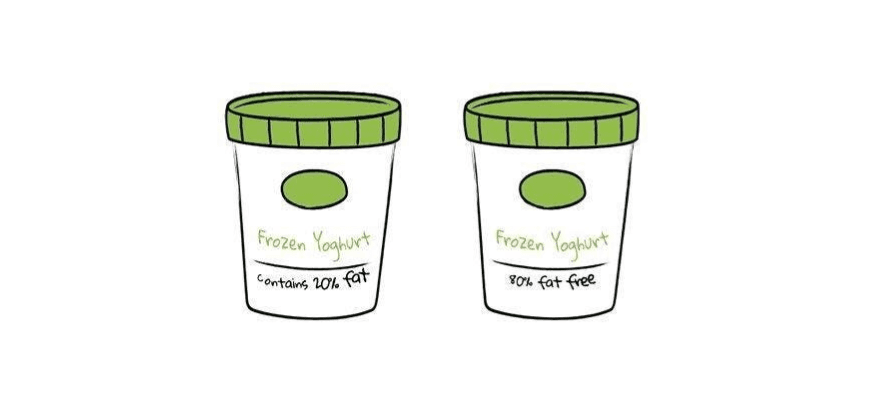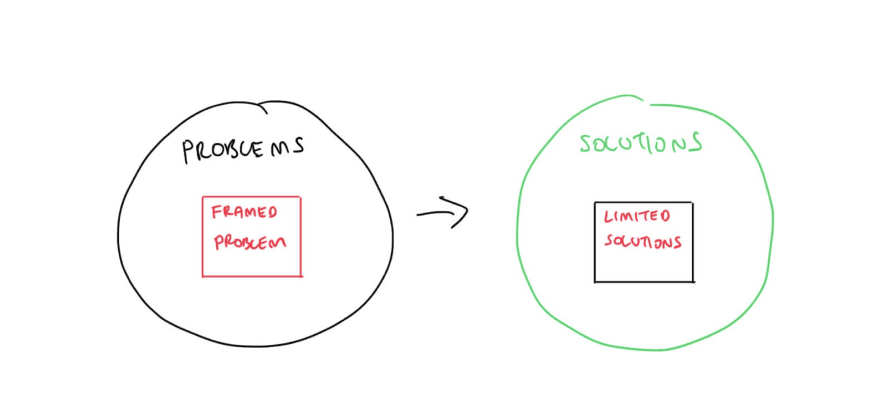Framing effect: how the way information is framed impacts our decisions
Curated from: nesslabs.com
Ideas, facts & insights covering these topics:
3 ideas
·35.7K reads
470
9
Explore the World's Best Ideas
Join today and uncover 100+ curated journeys from 50+ topics. Unlock access to our mobile app with extensive features.
The framing effect
The framing effect is a cognitive bias where people decide on options based on whether they are presented in a positive or negative way. Do you prefer your yoghurt with 10% fat or 90% fat-free?
Knowing about the framing effect is vital. It is one of the most significant biases in decision making and particularly important in health care and financial decisions.
1.78K
17K reads
Framing and decision making
The framing effect happens when decision-makers choose opposite solutions for identical problems based on how the issues are presented to them.
For example:
- Time and money management: A study found that 93% of students registered early when presented with a penalty fee for late registration, vs 67% doing so when it was presented as a discount for early registration.
- Economics: More people will support an economic policy where the employment rate is highlighted (10% employment rate) than if the unemployment rate is emphasised (90% unemployment rate).
1.44K
10.1K reads
How to manage the framing effect
- Consider the current frame: Be aware of marketing language when you are shopping for a product.
- Reverse the frame: Take the current frame and state it in the opposite way.
- Reframe the options: There may be more than two alternatives. Would it result in a loss, a gain, or a neutral impact?
- Think like an outsider: It can help you to be as impartial as possible. What if the decision did not personally impact you?
- Take your time: Studies show that thinking fast increases your chance of falling prey to the framing effect.
1.6K
8.62K reads
IDEAS CURATED BY
Ness Labs provides content, coaching, courses and community to help makers put their minds at work. Apply evidence-based strategies to your daily life, discover the latest in neuroscience research, and connect with fellow curious minds.
Ness Labs's ideas are part of this journey:
Learn more about problemsolving with this collection
How to listen to your body's hunger and fullness cues
How to develop a positive relationship with food
How to trust yourself around food
Related collections
Similar ideas
9 ideas
5 ideas
The Bandwagon Effect: Why People Tend to Follow the Crowd
effectiviology.com
3 ideas
The health halo: how good PR is misleading shoppers
theguardian.com
Read & Learn
20x Faster
without
deepstash
with
deepstash
with
deepstash
Personalized microlearning
—
100+ Learning Journeys
—
Access to 200,000+ ideas
—
Access to the mobile app
—
Unlimited idea saving
—
—
Unlimited history
—
—
Unlimited listening to ideas
—
—
Downloading & offline access
—
—
Supercharge your mind with one idea per day
Enter your email and spend 1 minute every day to learn something new.
I agree to receive email updates


